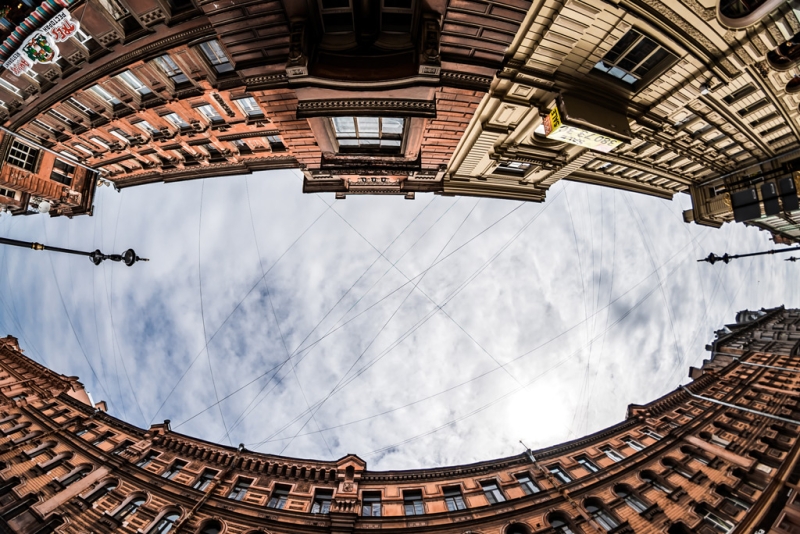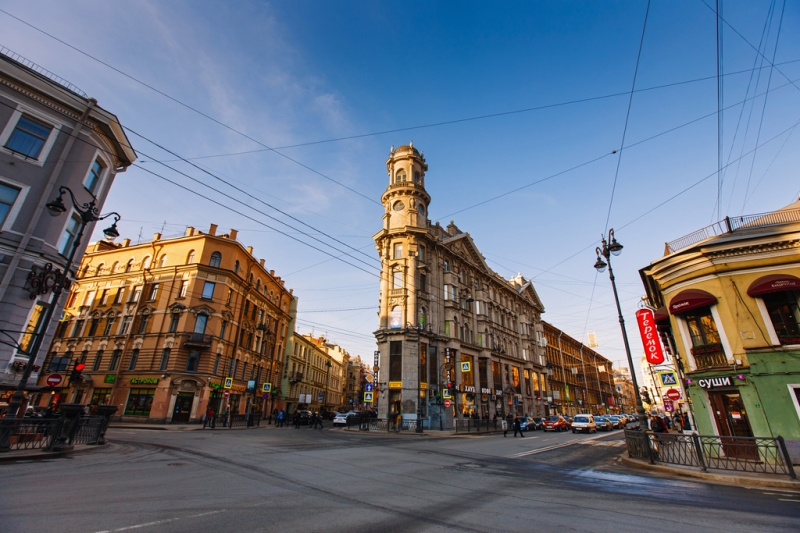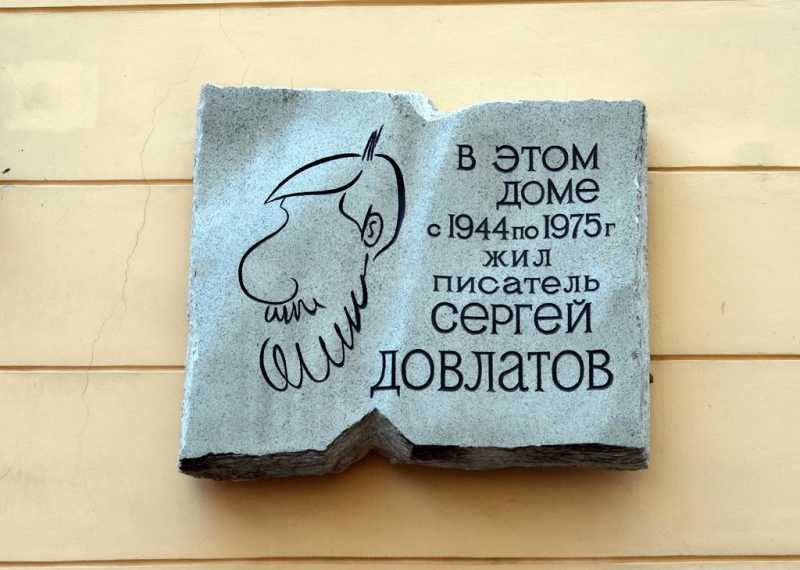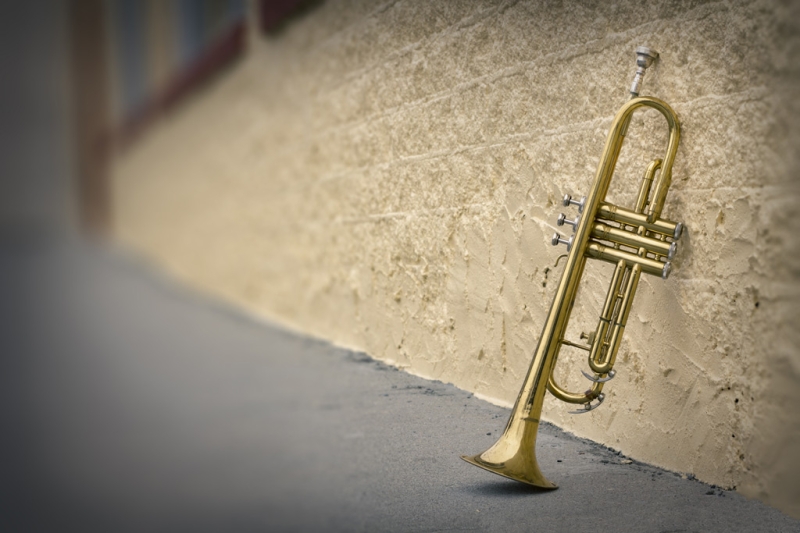
Sooner or later it had to happen: St. Petersburg is celebrating “D-Day” – the first citywide festival in memory of Sergei Dovlatov, perhaps the most popular prose writer of the second half of the twentieth century.
What is noteworthy is that the initiative to hold “D-Day” was taken by concerned citizens: historians, writers, artists, theater workers, museum workers and journalists. However, when in a short time the idea met with strong support from St. Petersburg residents, it became clear: the idea of such an event was long overdue. The date of the festival is September 3, when Sergei Donatovich would have turned 75 years old. The program has been drawn up. The Board of Trustees has been formed. The holiday, as the organizers say, should have a human face and be devoid of any officialdom.

Sergei Dovlatov is the same symbol of St. Petersburg as Pushkin and Dostoevsky. He lived in this city most of his life. They especially love him here. The trick, in fact, is that despite the passing years and the changes that have occurred in the city and country, Dovlatov’s heroes, or, more precisely, people who could well become heroes of his works, still live here. And you will most likely meet them if you walk through Dovlatov’s places in St. Petersburg.

Most of these places, fortunately, have been preserved. If you make a tour of Dovlatov’s St. Petersburg – Leningrad, the first point will be his parents’ house on Rubinshteina Street, 23. Here he lived from 1944 to 1975, as the memorial plaque reminds. Then school No. 206 on the corner of Shcherbakov Lane and the embankment of the Fontanka River, where Dovlatov’s first literary experiments date back to the time of his studies; Faculty of Philology and Faculty of Journalism of St. Petersburg State University on Vasilievsky Island, where he studied with a break for military service. Dovlatov worked at the editorial office of the children’s magazine “Koster” at 6 Kutuzov Embankment after returning from Estonia. And finally, the house on Rubinshteina Street, 22, which he left forever in 1978, having emigrated to the USA. By the way, in New York two years ago one of the streets was renamed in honor of the writer. There is no such street in our homeland, but the same caring townspeople propose to name one of the corners in the Five Corners Square, into which “Dovlatov’s” Rubinstein Street abuts, after Dovlatov.

There is no monument to the writer yet. Or rather, the monument itself exists. It was designed by sculptor Vyacheslav Bukhaev and cast in bronze, but local authorities still have not decided on its “registration”. Therefore, on D-Day, the monument will be installed on a platform and transported to Dovlatov’s places in St. Petersburg. In addition, as part of the festival, it is planned to organize a retrospective of films about the writer and based on his works at the Erarta Museum of Contemporary Art; a photo exhibition, a street performance and a jazz concert on Rubinstein Street and a bar festival here; excursions, intellectual readings, quests. The organizers of “D-Day” hope that the holiday will take on a city-wide format and become an annual event.
Pay for purchases with the OneTwoTrip loyalty card and get bonuses!
You may be interested in:
Above the roof: the best observation decks in St. Petersburg
St. Petersburg and cats: from the Hermitage to the cat cafe
Gatchina, which you haven’t seen yet

